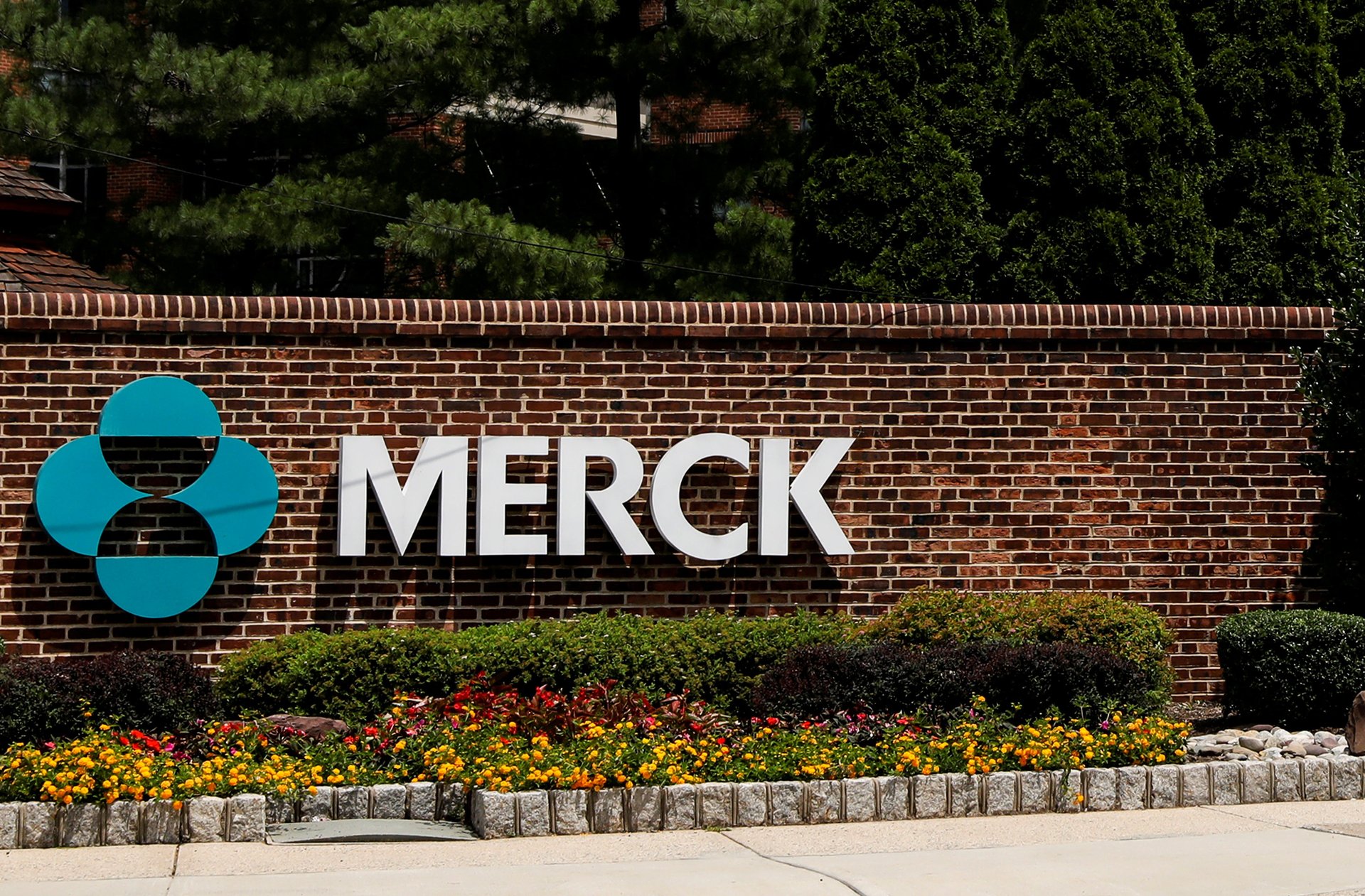Merck is spending $3 billion on an eye drug developer as it braces to lose a key cancer patent
The move comes as the pharma giant's patent of its flagship Keytruda treatment is set to expire in 2018

Pharma giant Merck said on Wednesday that it is acquiring the privately-held eye drug developer Eyebiotech (EyeBio) as the company tries to diversify beyond its best-selling cancer drug Keytruda.
Suggested Reading
Merck has agreed, via a subsidiary, to buy all outstanding shares of EyeBio with a $1.3 billion upfront cash payment and up to $1.7 billion in additional payments if certain milestones are met.
Related Content
“We continue to execute on our science-led business development strategy to expand and diversify our pipeline,” said Merck Research Laboratories president Dr. Dean Y. Li in a press release.
The acquisition is part of Merck’s efforts to prepare for losing exclusivity rights to its flagship drug Keytruda — its main patent is set to expire in 2028.
The U.S. Food and Drug Administration (FDA) first approved Keytruda in 2014 to treat melanoma. Since then, it has received approval to treat several types of cancers including lung cancer and carcinoma. It took the title of the world’s best-selling drug from Humira last year with $25 billion in sales. In the first quarter of 2024, Keytruda accounted for nearly 44% of Merck’s $15.8 billion in total sales.
Pharmaceutical companies bracing to lose exclusivity rights — and sales — from their blockbuster drugs often acquire smaller biotech startups to absorb their drug pipelines.
With the acquisition of EyeBio, Merck brings Restoret — an antibody that holds potential for treating eye disorders such as diabetic macular edema and neovascular age-related macular degeneration (AMD) — into its late-stage pipeline. The AMD market is expected to reach about $18 billion in sales by 2030, according to Grand View Research.
From its own pipeline, this year Merck is launching Winrevair, a drug for adults who have high blood pressure in the arteries of the lungs. About 1% of the global population has this condition.
